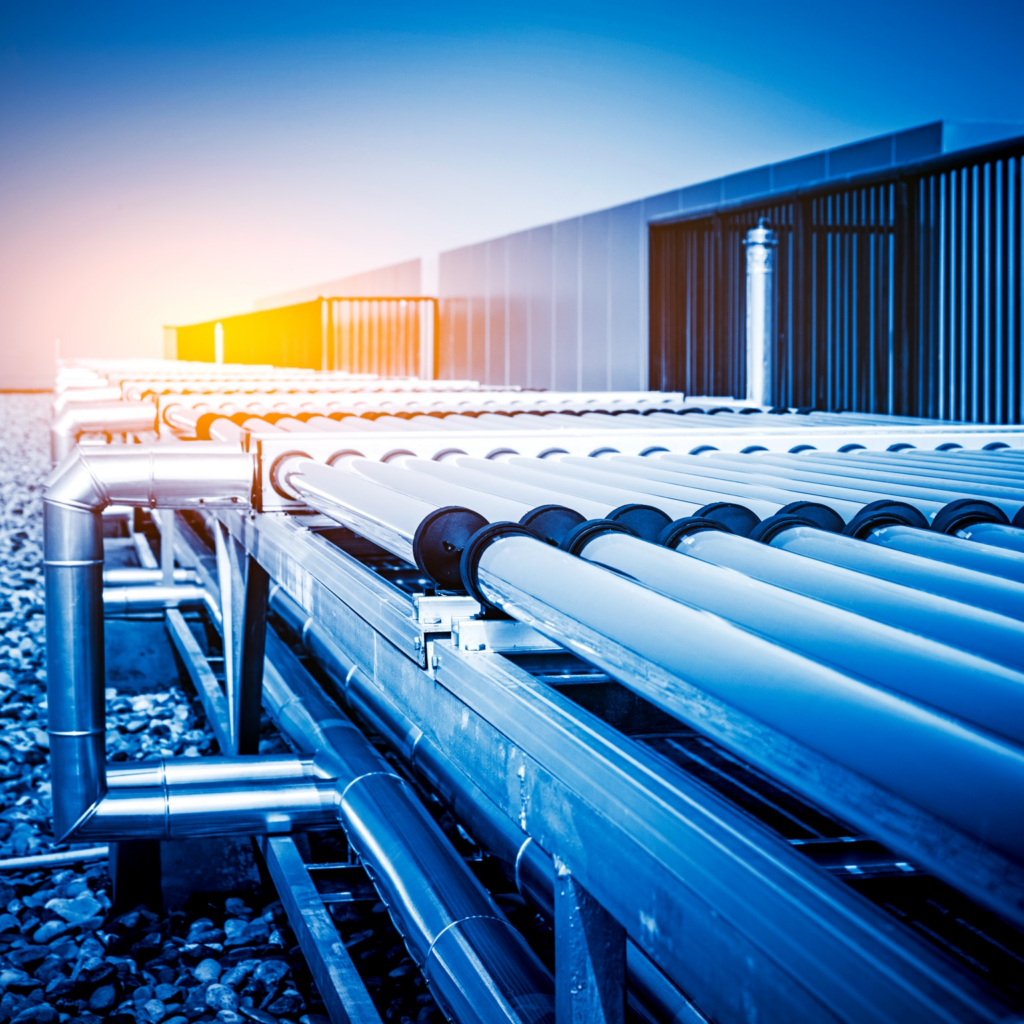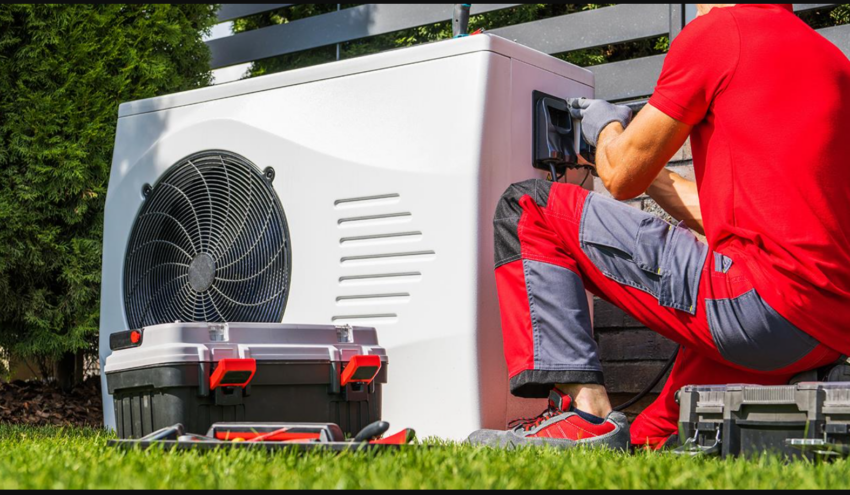The UK’s net-zero carbon emissions goal is running out. Rightfully, energy and climate have never been so prominent. Any net-zero approach must include a household heating transition to cleaner energy, as buildings account for 17% of UK emissions.
The UK contains over 29 million residences and two million additional structures including businesses, hospitals, stores, and warehouses, with 85% of families utilizing gas boilers for heat. From 2025, gas and oil boilers will be outlawed from new houses, creating huge prospects for future heating technologies and the trade.
Electric heat pumps, hydrogen, and heat networks are among the technologies under study. They must be evaluated and deployed in the most efficient manner. The construction and heating trades will need to learn about a variety of heating systems for the foreseeable future because there is no one solution.
By 2028, the government wants to build 600,000 electric heat pumps. To meet UK net-zero ambitions, eight million heat pumps must be installed by 2035. Due to high installation costs, affordability is a major hurdle, however government subsidies, market availability, and innovation may lower prices.

To lead the decarbonization effort, we must understand heating technology.
Hydrogen is being discussed increasingly. The government will decide in 2023 whether to mix up to 20% hydrogen into the gas network, and in 2026 whether to roll out hydrogen for home heating.
Many feel that hydrogen may provide a “topping up” service to new homes that are largely serviced by heat pumps. Up to five million households could use this hybrid system, enabling unprecedented heating efficiency.
17,000 UK heat networks serve 500,000 houses. It’s simple: replace every home’s boiler with a community-wide heating system using highly insulated pipes. The core energy source is technologically ambivalent and can enable net-zero with several ways.
Wolseley makes sure we have the leading propositions in these technologies, fully understand them, and help our customers choose products and services that improve their environmental performance and are future-proof. We must participate in and assist the UK reach net-zero.
There will need to be a balance of breadth and depth of expertise and specialism across the heating spectrum, and close collaboration between the entire supply chain is vital to drive and deliver the solutions needed along this complex path to decarbonisation and educate end consumers to adopt these technologies as part of their heating solution.

